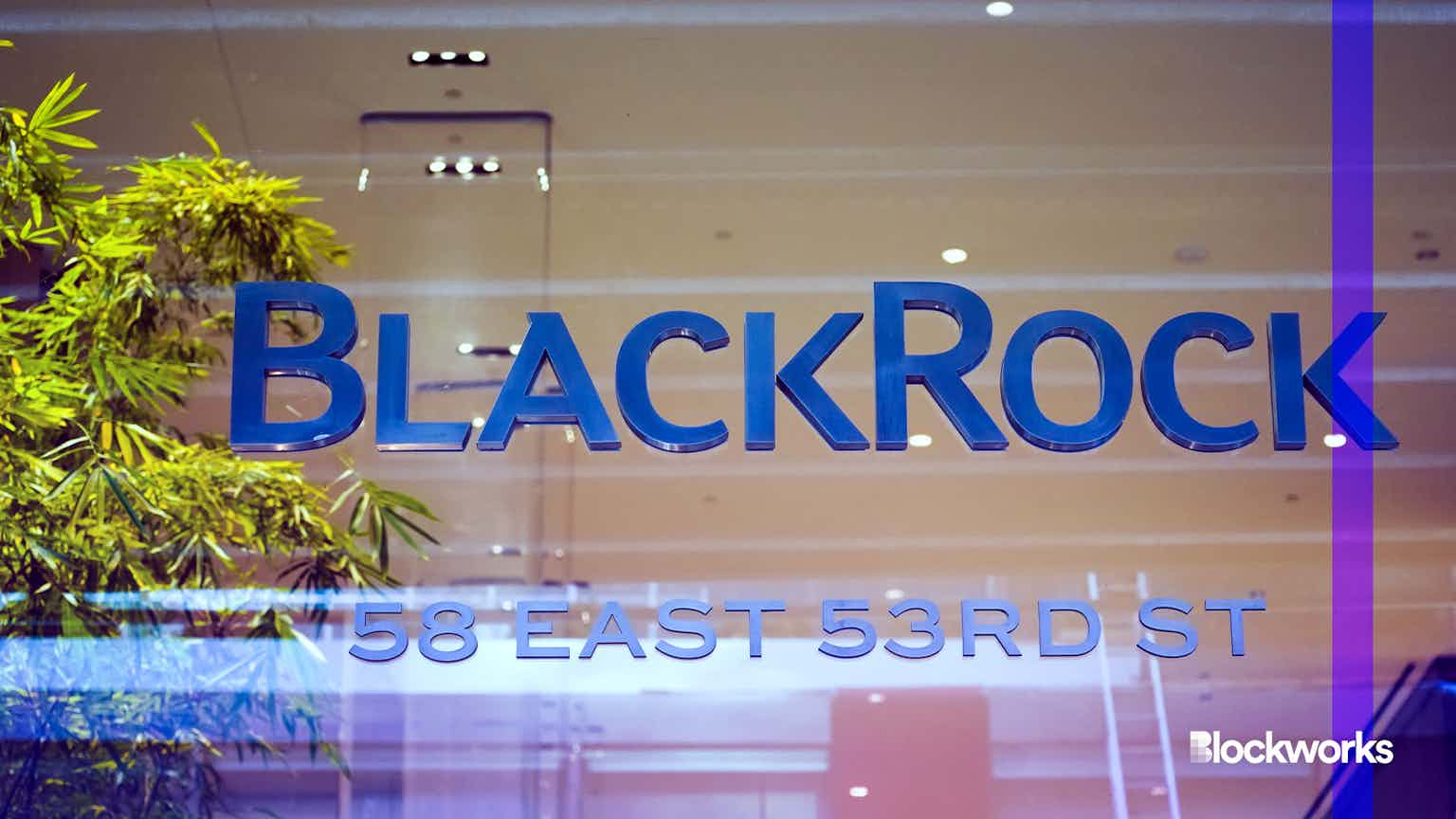India’s Crypto Tax Takes Effect With Industry Fearing it Will ‘Stifle Growth’
Some fear India’s crypto tax, which took effect on Thursday, will cause the nascent industry’s companies to relocate offshore

The Parliament of India. Credit: Shutterstock
key takeaways
- India’s controversial 30% tax on cryptocurrency profits have come into effect ahead of a planned additional 1% TDS tax in July
- Some fear the new tax rules will add friction to industry participants and force crypto companies offshore
India’s tax on cryptocurrencies came into effect Thursday placing the burden on businesses and individual investors to cough up a 30% haircut on profits they receive.
In addition to the capital gains tax, India’s citizens will also be forced to pay a 1% tax deducted at source (TDS) — set to take effect on July 1. A TDS in the case of crypto will require investors to pay for each transaction, including when crypto is bought, transferred to a digital wallet or used to purchase non-fungible tokens (NFTs).
“India has provided certainty on the tax treatment of crypto but not what investors were hoping for,” Maryna Kovalenko, director of Australian firm Kova Tax, told Blockworks.
“The introduction of TDS will add friction for both marketplace operators and for participants to meet the reporting obligations.”
Kovalenko also said another significant impact on investors is the “quarantining of losses by asset,” meaning investors are no longer able to offset a loss from one crypto to another such as losses in ether against profits in bitcoin.
Indians will not be allowed to deduct expenses or allowances when calculating crypto income except the cost of acquiring them.
“This makes it unfavourable for investors to take a risk on newer assets as the loss incurred may never be utilized,” Kovalenko said.
Some, including Indian resident and co-founder at FV Bank Nitin Agarwal who spoke to Blockworks last month, see TDS as a “very progressive move.”
“By having 1% tax as TDS on transfers, there will be a mechanism to track and report the crypto transfers by the exchanges,” he said at the time.
Finance Minister Nirmala Sitharaman, who initially introduced the proposal within the country’s Finance Bill, shepherded the changes through parliament and into law last week. Sitharaman said last month the “magnitude and frequency” of crypto transactions and trading activity witnessed in the market has ultimately forced the government’s hand to provide for a specific tax regime.
Many fear the flight of domestic crypto entrepreneurs and startups to progressive tax havens including Portugal, Germany or Singapore.
“The onerous tax provisions are a challenge for the crypto industry,” Sumit Gupta, CEO of India’s first crypto unicorn CoinDCX, told Blockworks on Tuesday. “A flat 30% tax rate will certainly stifle growth and we have already seen many crypto companies leaving India.”
Some within India’s political circles have also criticized the change, including several members of Lok Sabha — the country’s lower house. At the time of the proposal being pushed through, critics said it would end the budding industry there.
Trading volumes are also expected to take a hit as a result of the tax, Gupta said, causing the country to miss out on “huge opportunities.” Crypto is not a form of speculation but has rather grown to become a “globally recognized” and “respected” asset class, according to the CEO.
“The tax rate should at least mirror that of other asset classes so as to minimise the financial impact on investors who do not fall under the highest tax bracket,” he said.
Start your day with top crypto insights from David Canellis and Katherine Ross. Subscribe to the Empire newsletter.





